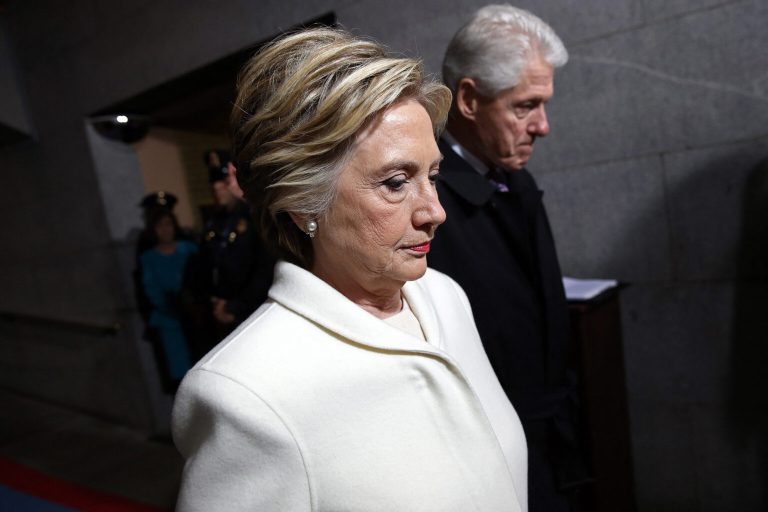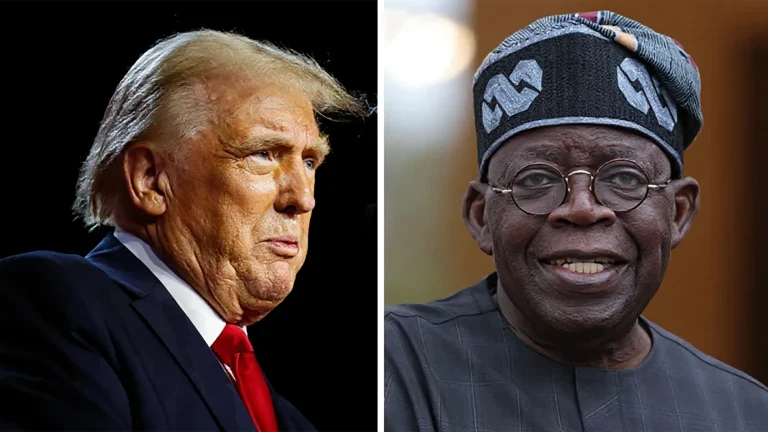
Nigeria spent a total of N791, 545,016,039 billion on debt servicing between January and March 2020, documents from the Debt Management Office have revealed.
This is almost six times higher than the N139.7 billion capital expenditure for the first quarter of the year. It is also 15 times higher than the N51 billion allocated to the Universal Basic Education and 30 times higher than the N25 billion allotted to Basic Health Care Fund in the revised 2020 budget.
The amount expended on debt servicing during the period is, however, 27.3 per cent of the N2.9 trillion earmarked for debt servicing in the revised 2020 budget. Following the outbreak of COVID-19 pandemic and its effect on the country’s revenue from crude oil sale, the federal government revised the 2020 budget downward by N84 billion to N10.509 trillion from the initial N10.594 trillion.
This resulted in the slashing of allocation to Universal Basic Education from N111 billion to N51 billion, while the Basic Health Care Fund was reduced from N44 billion to N25 billion. The government, however, increased allocation to debt servicing by N200 billion from N2.7 trillion to N2.9 trillion. It also increased recurrent expenditure from N4.8 trillion to N4.9 trillion.
According to the DMO documents, the country’s debt servicing is categorized into two; external debt service payment and domestic service payment. While domestic debt servicing gulped N609,134,926,039 within the months under consideration, external debt servicing took $472,565,000 (N182,410090,000).
A breakdown of the domestic debt servicing shows that Nigeria, between January and March 2020, paid a total of N111,605,032,486.46 as interest on NTBs, while it paid N488,935,140,628.54 as interest on FGN Bonds.
On FGN Savings Bond, the government paid N392,794,020.32 as interest in the first quarter of the year and paid N8,201,958,904.11 rentals on FGN Sukuk bonds in March but did not pay anything in the first two months. In the period under review, the government did not pay any interest on FGN Green Bond and Treasury Bond.
From January to March, the federal government paid its multilateral creditors comprising the International Bank for Reconstruction and Development (IBRD), African Development Bank (AfDB), the International Fund for Agricultural Development (IFAD) and the Islamic Development Bank (IDB) a total of $114,522,430 (about N41.3 billion). This covers principal, interest fee, service fee, deferred interest, deferred service and commitment charge.
The government paid the Exim Bank of China the sum of $94,991,710 (about N34.3 billion) covering principal and other charges in the first quarter of the year. The lion share of the debt servicing fund was expended on Eurobonds as the government paid the sum of $263,036,250 (about N95billion) as interest on a number of bonds.
Nigerian Tribune recalls that early in the year, President Muhammadu Buhari had called on international financial institutions to cancel the debt obligations of member countries to enable them to withstand the effect of COVID-19 pandemic.
Buhari, who was speaking during a virtual meeting of heads of state from the Non- Aligned Movement in May, had said outright debt cancellation would help mitigate the impact of the economic fallout induced by the virus. (Nigerian Tribune)








500744 396483I dont normally check out these kinds of internet sites (Im a pretty shy person) – but even though I was a bit shocked as I was reading, I was certainly a bit excited as effectively. Thanks for giving me a big smile for the day 771234
181742 353483Hey mate, .This was an superb post for such a hard subject to talk about. I appear forward to seeing a lot of far more excellent posts like this 1. Thanks 493857